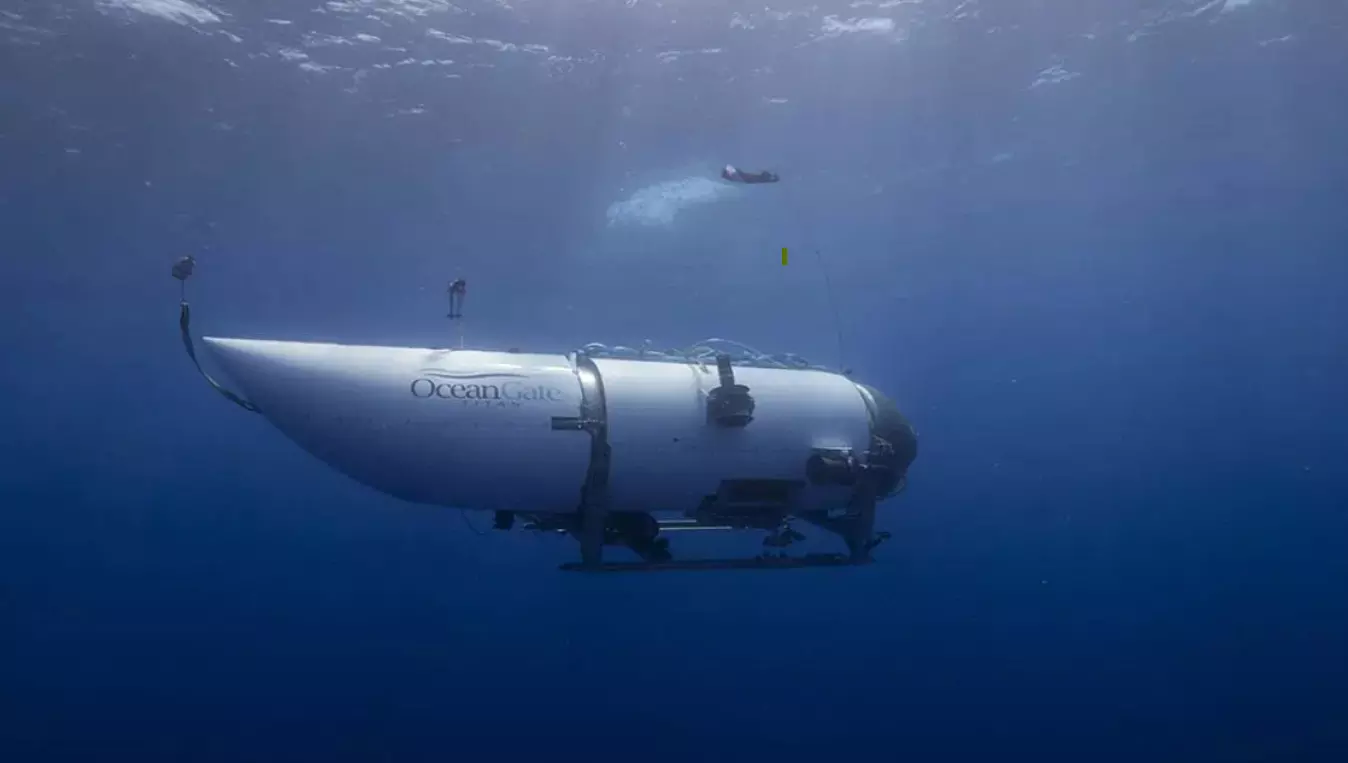An eye-opening mishap

Finally, after days of rigorous search-and-rescue operations, the debris field from the submersible Titan was found on the seabed, indicating a ‘catastrophic implosion’ and consolidating the belief that all the five travellers of the Titan have been killed. Ironically, the five persons on board — Hamish Harding, a 58-year-old businessman and explorer; Shahzada Dawood, 48-year-old businessman; Shahzada Dawood’s 19-year-old son Suleman Dawood; Paul-Henry Nargeolet, a 77-year-old French explorer; and Stockton Rush, the chief executive of OceanGate — had set on a journey to explore the wreckage of Titanic, a symbol of a tragedy that unfolded more than a century ago. An endeavour to explore the left-overs of a tragedy turned into a tragedy itself! While one may be tempted to draw a web of coincidences that have led to the tragic incident, there are serious questions pertaining to the safety of adventure tourism that need to be answered on a priority basis. It might be impossible from here to trace the real reasons behind the “catastrophic implosion” that presumably led to the loss of five lives. This also leaves the question of accountability unanswered. Notably, red flags had been raised in the past regarding the safety of the Titan. A former employee of OceanGate Expeditions had claimed that Titan was assigned to explore deeper oceanic depths than it was designed to do. Furthermore, The Independent reported that rather than scanning the hull, OceanGate relied on sensitive acoustic monitoring, a practice which “would only show when a component is about to fail – often milliseconds before an implosion – and would not detect any existing flaws prior to putting pressure on the hull.” Stockton Rush, chief executive of OceanGate and one of the deceased in the implosion, had previously dismissed safety of the vessel as “pure waste”. Seemingly, his argument was that safety in terms of the physical vessel had limited scope, and much depended on the vessel operator. In the present case, it might not be possible now to ascertain whether the accident occurred due to inadequacies in the vessel or due to the mistakes of the vessel operator, reducing the likelihood of fixing the accountability and tracing the real causes. However, the fact that compliance to safety standards was readily allowed to be bypassed reveals a lax approach of the administration. Technology is indeed a great enabler. It has enabled humans to dive to the bottom of the ocean. The administration, however, cannot blindly rest the safety considerations on the shoulders of technology, or those who provide it — particularly when the technology itself is in a nascent stage. The Guardian quoted Salvatore Mercogliano — a history professor at Campbell University in North Carolina who focuses on maritime history and policy — as saying: “Aviation was in its infancy, and it took accidents for decisions to be made to be put into laws…There’ll be a time when you won’t think twice about getting on a submersible and going down 13,000 feet. But we’re not there yet.” Until humans get to that point, there is a need for consistent regulation of the adventure tourism sector. Humanity’s blind obsession with emergent technologies, before they settle down in society completely, can lead to recurrent disasters. Be it a bunch of billionaires going to space or others desperate to see the bottom of the ocean, the governments and companies that provide such services need to exercise greater constraint. The gravity of the recent accident can be gauged from the fact that three countries — the US, Canada and France — carried out one of the costliest search-and-rescue operations to date, grabbing international attention. It might give an impression that the prominence of the onboard passengers, some of whom were billionaires, has led to this degree of attention. But the reality is that some of the most developed nations have suddenly awakened to the threats underlying adventure tourism, particularly those involving nascent technologies. It is expected that the United States government will initiate the process of framing stricter regulations for adventure tourism. Other countries may follow suit.



